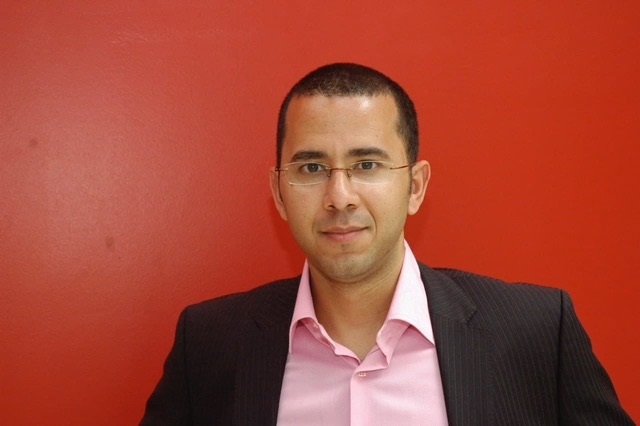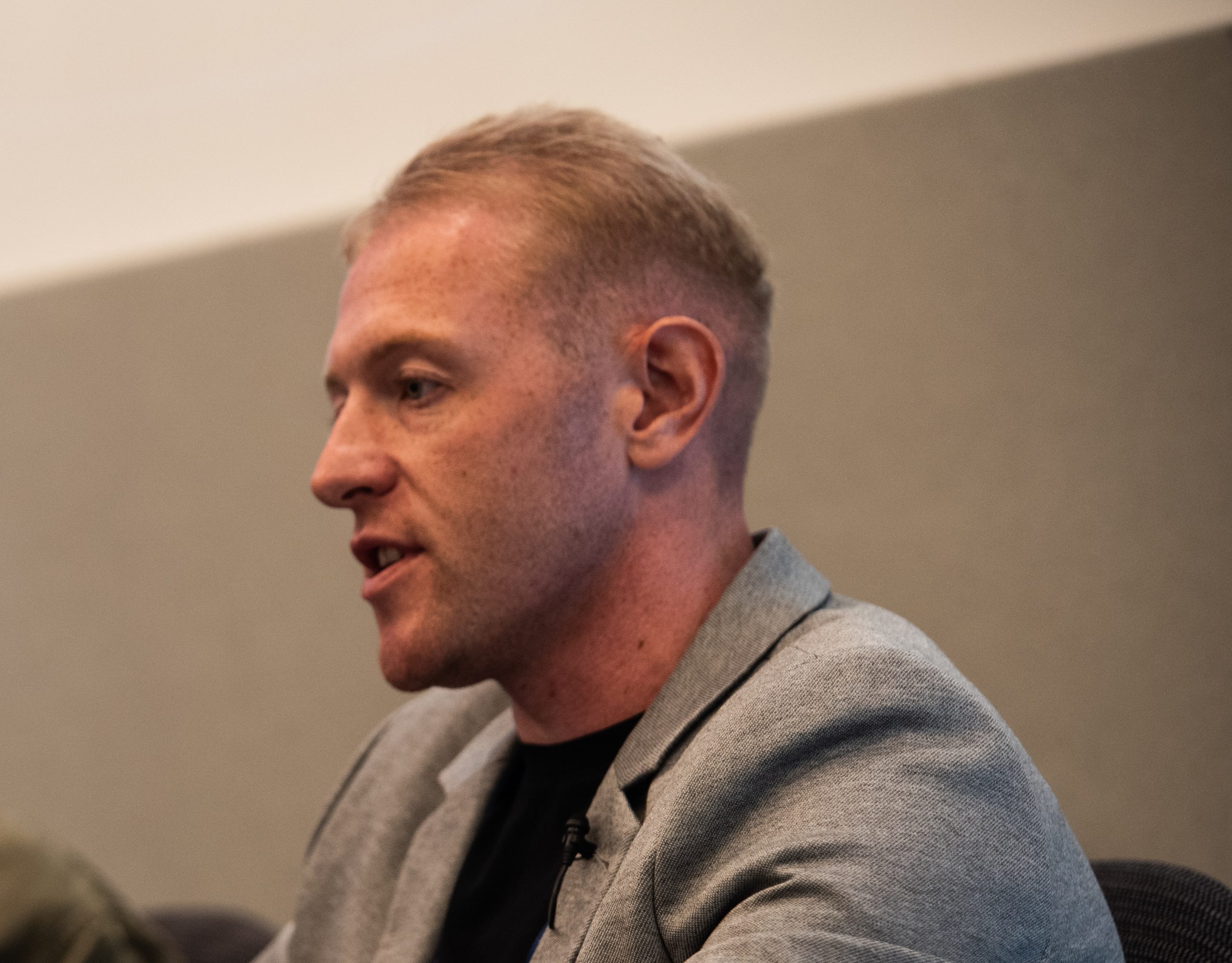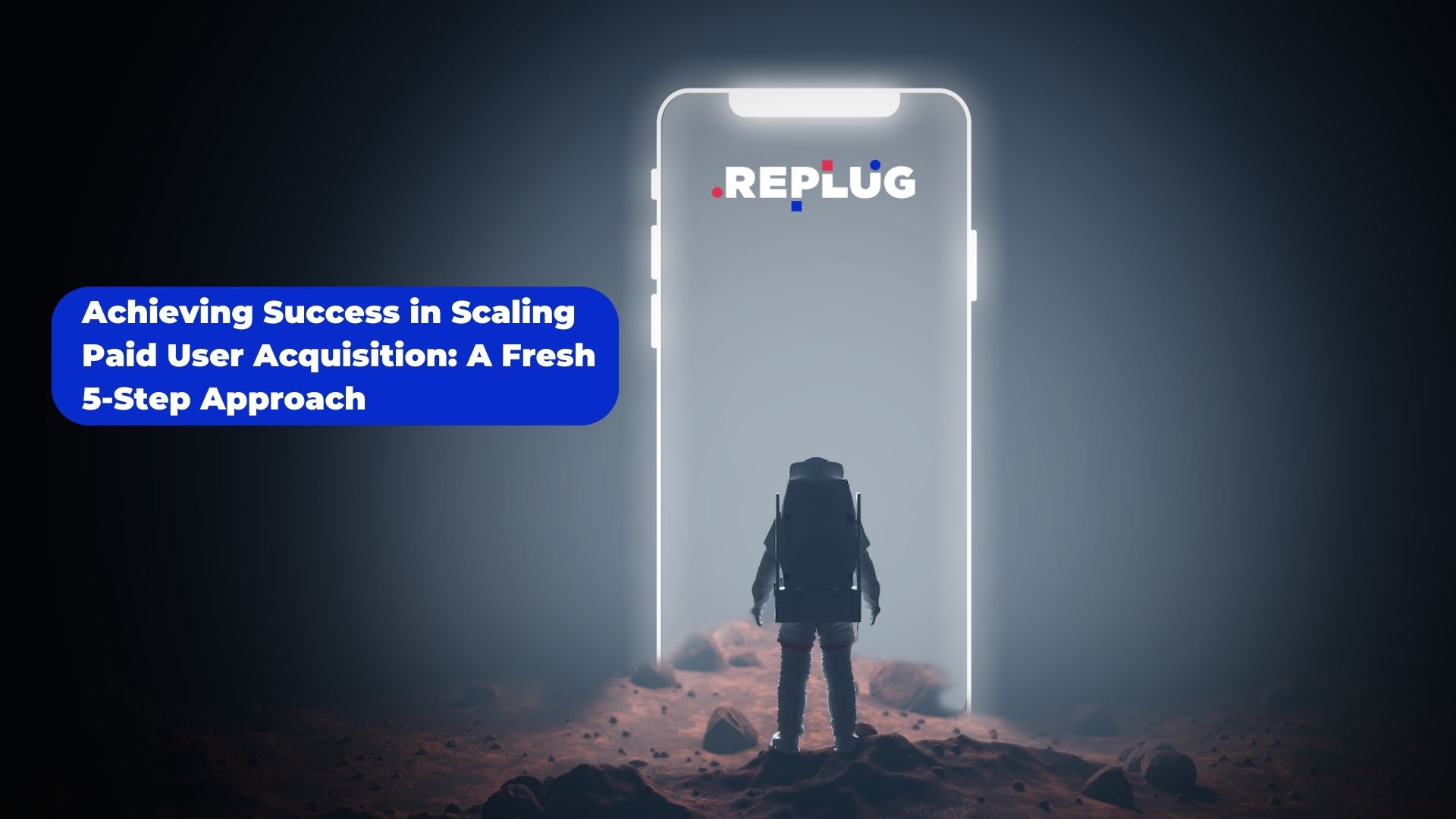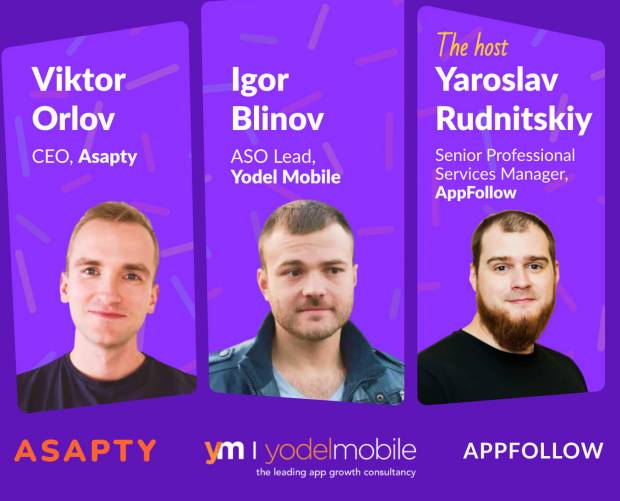How brands can stay fit, healthy and relevant in 2021
- Tuesday, February 23rd, 2021
- Share this article:
Leon Gunning, Market Intelligence Manager at giffgaff, offers advice on staying relevant in 2021.
 When it comes to brand health, while some are managing to survive the fallout from the pandemic and economic downturn, other companies are becoming fitter, stronger, and more relevant than ever.
When it comes to brand health, while some are managing to survive the fallout from the pandemic and economic downturn, other companies are becoming fitter, stronger, and more relevant than ever.
At the end of January 2021, Pepsico, famous for sugary drinks and snacks, announced that they would be collaborating with Beyond Meat. Beyond Meat is a California based food company founded in 2009 to manufacture plant-based protein products for consumption. For a company like Pepsi to come-a-courting, it signifies two things: one, that Beyond Meat has challenged the established food industry in a fundamental way, and two, that Pepsi knows how to keep its brand fit and fresh. As we collectively work our way through the winter and lockdown’s imposed immobility, these are some of my lessons on keeping a brand relevant, fit and fresh.
Lesson 1: Being on the front foot makes you relevant
Marketers tend to think of their brands as if they were people: they want to build awareness and brand liking. The reality is that people don’t consider brands based on their marketing budgets. People like brands because of the evidence of their actions and that these are consistent.
It would be easy for telcos to sit on the backbench, continuing to quietly provide a service. But the active support given to NHS front line workers by telcos kept them relevant. In fact, the joint effort by MNOs and MVNOs to get behind a cause for the greater good shows that collaboration for a higher purpose is possible, and brands who work together towards a common goal can make a difference in the lives of everyday people. As a result, the brand liking and NPS (metrics of how consumers felt towards their brands) of all the Telco’s benefited enormously.
Lesson 2: Communicating with your customers keeps you fit
The more we communicate with customers , the more we need to process what they’ve said. Communication is a balance that you can only achieve with a clear mind.
Personally, I believe that there are five streams of data that all markets need to consider. One is around what audiences are saying. The second is what the buyers are saying: “Quality”, “Trust”. The third is what stakeholders are saying: “Revenue”, “Brand Values”. The fourth is what the economy is saying: “Digital Channels”, “Pandemic”, “Change”. And the fifth is what the market says about the brand.
For companies, who have been around now for over ten years, like giffgaff, their marketers are tasked with keeping the brand’s purpose indelibly fixed in consumers’ minds, and that can be challenging in these times.
Challenger brands still need to account for doing things differently and shift from simply standing against the established way to standing for something greater than itself. Businesses must balance the purpose of caring for our planet with making sure our consumers receive great quality products that fulfil their needs.
This is companies are focusing attention on refurbishment and the circular economy. In the mobile industry, to focus on refurbished phones might carry certain elements of risk, resistance and difficulty however, consumers and the market are communicating with us loud and clear; “change or fail”. And we’re actively listening.
Lesson 3: Finding the energy keeps you fresh
With the global video streaming market estimated to be worth over $840bn, it’s no surprise that The Walt Disney Company decided to up its ante with its offering and launched Disney Plus at the end of 2019. Just a year later it has over 85m subscribers, with some estimating it’s only a matter of time before it overtakes the world’s most popular streaming service Netflix. This move by The Walt Disney Company is proof that adapting to keep yourself fit for purpose works.
In a similar way, the more traditional telecoms industry needed a refresher – enter MVNOs like giffgaff. At the end of the 90s, large operators were liberalised by European regulators giving consumers more diverse ways of using telephony. Instead of the 12-24 month contracts that came with a phone, consumers were allowed to decouple the phone from the connection to the network. They were given the option of buying bundles and changing bundles whenever they chose.
The energy came from the startup-like approach to serving customers products that already existed and in new ways. Fast forward 30 years and MVNOs face similar competition that the MNOs once faced. The solution remains the same. By working with innovative partners and continuing to disrupt and diversify their offering, MVNOs can continue to honour their original brand position, whilst bringing in fresh ideas, and additional revenue.
Lesson 4: Keepin’ it movin’ keeps you relevant
Two big players that have emerged in lockdown are Just Eat and Deliveroo. Bear in mind that these players are mobile-first, app-centric operations that have become even more successful in a time when people are at home with access to both kitchens and other devices. Snoop-Dog delivers syrupy sweet rap lines for JustEat; rhymes that he undoubtedly freestyled while the commercial was being shot. The psychology of bringing people pleasure and associating that pleasure with the brand is deep and salient. The JustEat recipe for success is to make people happy and ready to order something with “spice on it”. The other example is Deliveroo’s pivot from delivering takeouts to also delivering groceries and Valentine’s gifts. Deliveroo has recently secured $180m for an initial public offering (IPO) that has been evaluated north of $7bn. Investors are hungry for a piece of Deliveroo because the brand shows that it can adapt to change and remain seasonally relevant.
The mobile industry is one of the most relevant players in our societal reset. With our rich history of innovation, our tools and capabilities, we have the permission to reimagine what it means to help people stay connected with each other or through their digital devices – be it to stay healthy, shop, manage our finances or just talk to each other. By being proactive with our offers and communications, telcos can remain fit, healthy and most of all relevant to people’s lives.
















